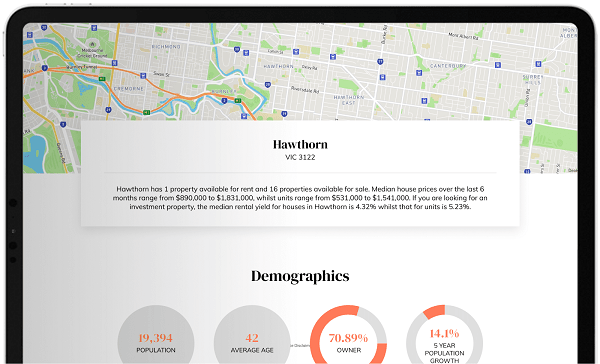What Landlords Need to Know About Tax Deductions
Owning a rental property can certainly be a lucrative venture. Chances are, that’s the primary reason you decided to make the investment in the first place. However, it takes a certain degree of financial savviness to ensure you are getting the best value out of your property.
Furthermore, with the ATO highlighting that it will be taking a closer look at Airbnb rental properties this year, it’s more important than ever to ensure you are claiming the right deductions as a landlord (and not accidentally making false claims, lest you end up on the wrong side of the tax office).
To help you out, we’ve outlined key aspects you need to know about claiming tax deductions as a rental property owner, and what areas you should be taking advantage of.
Navigating your way through common tax deductions available to landlords
- Interest: In general, you can claim deductions on any interest spent on business-related activities. As a landlord, this means you can deduct from items such as mortgage interest payments or interest on credit cards used for rental activity services. This can often be one of the biggest areas where tax deductions can be claimed, so it’s worth assessing your options.
- Depreciation: All purchases that are expected to provide use beyond the current tax year, yet will lose value over time, can be deducted. Some examples may be the purchase price of the property, and furniture or appliances such as stoves, refrigerators, and hot water units. You can also potentially claim depreciation on a property that is less than 40 years old, or that has incurred major renovations that are less than 40 years old – just make sure you organise a quantity surveyor report.
- Certain repairs: It’s a common misconception that you can claim deductions on all repairs required to a rental property, but this isn’t necessarily the case. Minor repairs that cost less than $300 can be claimed as such, but any repairs incurred before the actual property has been rented out will most likely need to be claimed for depreciation as opposed to an outright expense. Additionally, ‘improvements’ to the property do not fall under the ‘repairs’ category, and therefore cannot be claimed upfront, but rather as a depreciated asset.
By keeping your finger on the pulse and ensuring you abide by the ATO’s rulebook, you’ll be able to make the most of your rental property.


